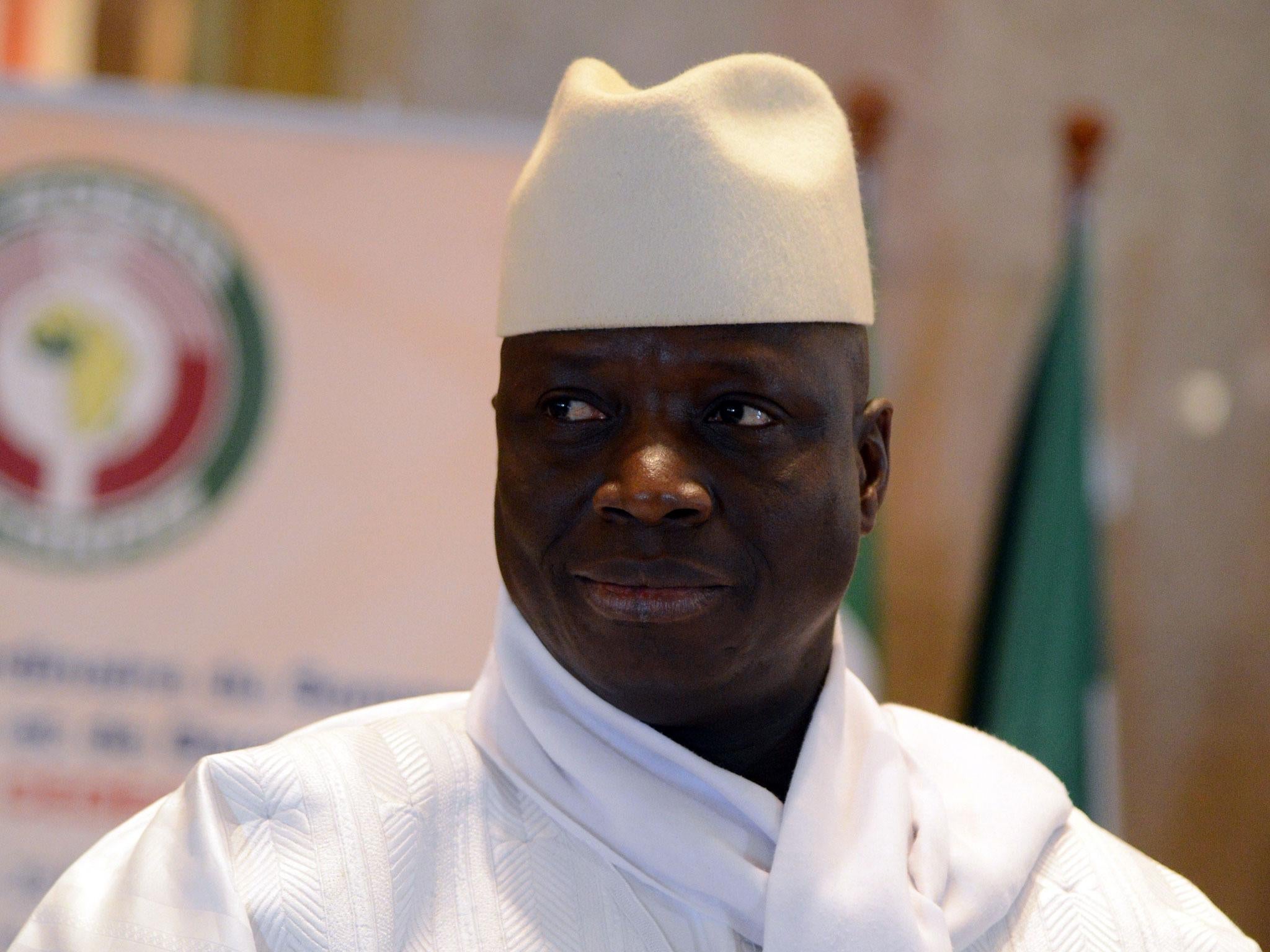FGM worldwide: Gambia becomes latest nation to ban practise
As many as 80 per cent of women and girls in the West African nation had undergone Female Genital Mutilation (FGM)

Your support helps us to tell the story
From reproductive rights to climate change to Big Tech, The Independent is on the ground when the story is developing. Whether it's investigating the financials of Elon Musk's pro-Trump PAC or producing our latest documentary, 'The A Word', which shines a light on the American women fighting for reproductive rights, we know how important it is to parse out the facts from the messaging.
At such a critical moment in US history, we need reporters on the ground. Your donation allows us to keep sending journalists to speak to both sides of the story.
The Independent is trusted by Americans across the entire political spectrum. And unlike many other quality news outlets, we choose not to lock Americans out of our reporting and analysis with paywalls. We believe quality journalism should be available to everyone, paid for by those who can afford it.
Your support makes all the difference.Gambia’s president banned the practise of Female Genital Mutilation (FGM), although it remains unclear when legislation will be drafted to enforce the decision.
Almost 80 per cent of women and girls have undergone FGM in Gambia, with the majority of female survivors claiming they were forced to undergo the procedure because their interpretation of Islam requires it.
President Yahya Jammeh’s announcement is particularly significant as he claimed Islam – the majority religion in Gambia – does not require FGM.
He added that the ban would be effective immediately but it remains unclear how the decision would be implemented, especially in rural areas where as many as 90 per cent of women undergo the procedure.
FGM, also known as female circumcision, can – in its most severe form – involve the removal of the clitoris and stitching shut a girl’s genitals, preventing her from having or enjoying sex.
Gambia was one of 29 nations in Africa which practised FGM, but following a surge in publicity and exposure of the practise it is the latest nation to crack down on it.
Women who undergo FGM, can face recurrent health problems including tetanus, gangrene, HIV, hepatitis B and C and effective sterilisation.
However, there is limited data available to international organisation on the prevalence of FGM, as much of the gathered information is based on verbal interviews or self-reported.
Join our commenting forum
Join thought-provoking conversations, follow other Independent readers and see their replies
Comments